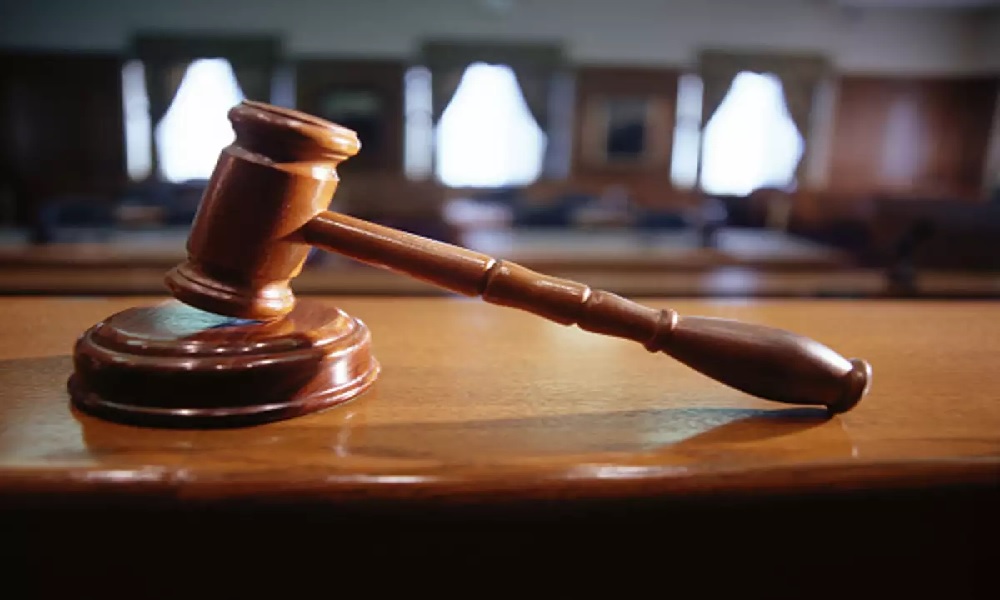In the United States, around 24 million children are being raised by unmarried parents. In Texas, unwed fathers face a unique legal hurdle – establishing paternity. Without a legal connection to the child, fathers relinquish crucial rights and responsibilities, impacting not only their involvement in the child’s life but also their financial obligations.
This blog post dives into the intricacies of paternity rights and responsibilities in Houston, Texas. We’ll explore the process of establishing paternity, the legal implications for both parents, and how a skilled family law attorney in Houston can guide you through this critical step.
Establishing Paternity: The Foundation for Fatherhood
For unmarried fathers in Houston, establishing paternity is the cornerstone of securing legal rights and fulfilling parental responsibilities. There are two primary ways to establish paternity:
- Acknowledgment of Paternity (AOP):This voluntary agreement, signed by both parents, acknowledges the father’s paternity. The AOP is filed with the Vital Statistics Unit and becomes part of the child’s official record.
- Court-Ordered Paternity Test:If an agreement cannot be reached, a court can order a DNA test to determine paternity conclusively. This process typically involves both parents submitting DNA samples, and the results are used by the court to establish legal fatherhood.
The Benefits and Burdens of Paternity
Establishing paternity carries significant legal weight for both mothers and fathers. Here’s a breakdown of the rights and responsibilities associated with established paternity:
For Fathers:
Rights:
- Custody and Visitation:Fathers gain the right to seek custody or visitation arrangements with their children.
- Decision-Making:Established fathers have a say in major decisions regarding the child’s upbringing, including education, healthcare, and religious matters.
- Inheritance:Children with established fathers are entitled to inherit from their biological fathers.
Responsibilities:
- Child Support:Fathers are legally obligated to contribute financially to the child’s upbringing through court-ordered child support payments.
- Medical Expenses:Fathers may be responsible for sharing the cost of the child’s medical care.
For Mothers:
Benefits:
- Child Support:Mothers can legally enforce child support payments from the established father.
- Medical Insurance:Children may be eligible to receive health insurance coverage through their father’s employer-provided plan.
- Shared Responsibility:Establishing paternity helps ensure the financial and emotional support of both parents in raising the child.
The Importance of Legal Guidance
The process of establishing paternity can be complex, especially when disagreements arise. A seasoned family law attorney in Houston can provide invaluable support throughout this process. Here’s how they can help:
- Navigating the Legal System:An attorney can guide you through the legalities of establishing paternity, whether it’s completing the AOP or representing you in court for a paternity test.
- Protecting Your Rights:A lawyer can ensure your rights as a father or mother are protected throughout the process.
- Negotiating Agreements:Attorneys can facilitate communication and negotiation between parents to reach a mutually beneficial agreement regarding custody, visitation, and child support.
Building a Strong Foundation for Your Family
Establishing paternity is a critical step toward building a strong foundation for your child’s future. Understanding your rights and responsibilities as a parent is crucial for making informed decisions regarding your child’s well-being.
If you’re facing questions about paternity in Houston, Daniel Ogbeide Law can provide the legal expertise and guidance you need. The firm’s experienced family law attorneys are dedicated to protecting the best interests of both parents and children.
Contact Daniel Ogbeide Law today to schedule a consultation and discuss how they can help you navigate the complexities of paternity establishment in Houston.









 Reach out today to schedule a consultation about child custody with
Reach out today to schedule a consultation about child custody with 




